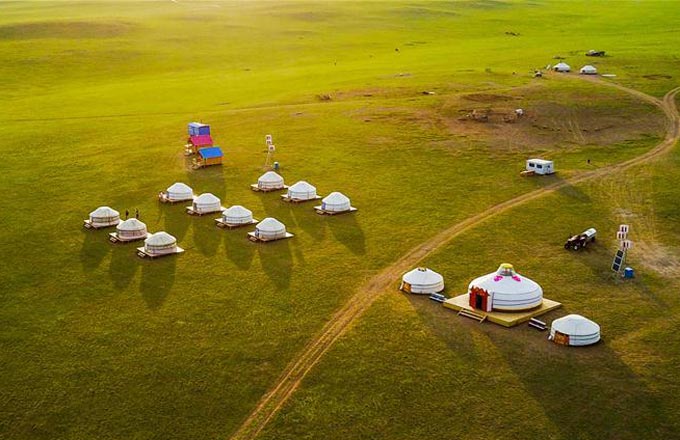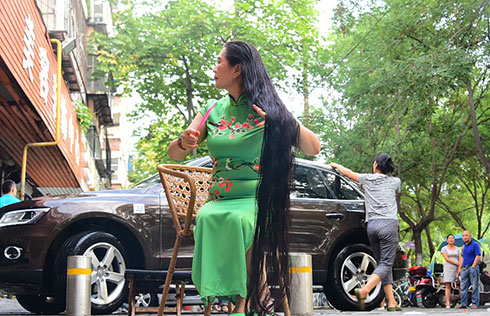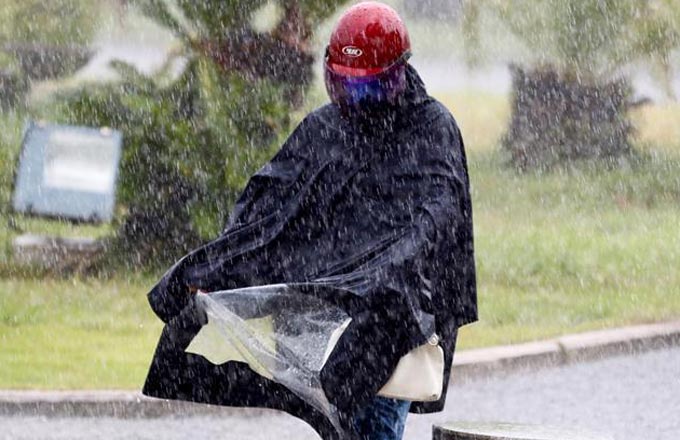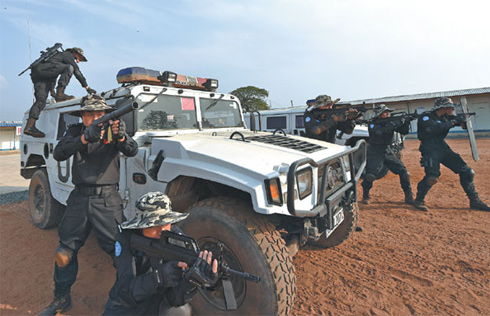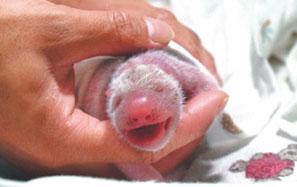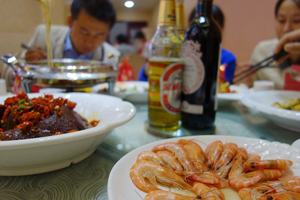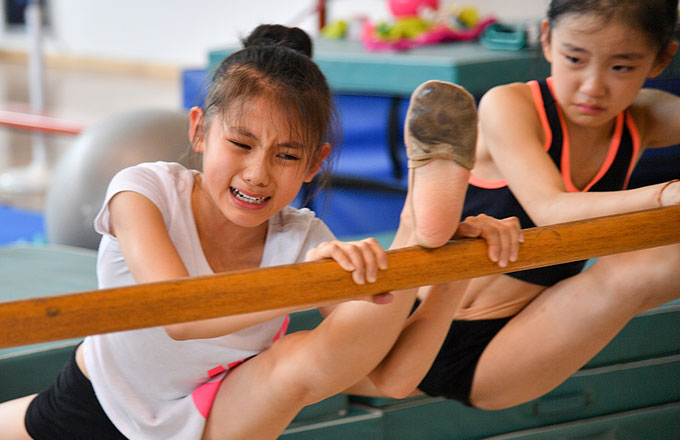Researchers run a race against time
For many people, retirement is a time to forget about work and devote themselves to leisure activities.
That's not the case for Li Min and her colleagues, however. Instead, they are racing against time to research the revolutionary history of Macheng, Hubei province, to preserve the local revolutionary, or 'red', culture and pass it on to future generations.
In 2013, when Li, a 67-year-old retired official, started an association to research Macheng's red culture, the first thing she planned to do was to collect and record revolutionary songs from the city, located in the former revolutionary base of the Dabie Mountains.
"When I came to Macheng in 1986, I had already seen a collection of revolutionary songs from nearby Hongan county. There were also a lot of revolutionary songs in Macheng, but we didn't have a collection of them," she said.
The local government has granted the association about 20,000 yuan ($3,000) for research and collection work, and 100,000 yuan to publish books about the topic.
"Though the fund for research and collection is far from adequate, many like-minded people have contributed without asking anything in return," she said.
"There was no special record of red songs in the archives, but a limited number showed up in other archives, which made collection very difficult," Li said, adding that the task is urgent because the people who experienced the revolution and know the songs are fading fast.
One of the veterans was elderly and unwell when Li and her colleagues visited her. However, despite her frailty, the senior insisted on singing about 10 songs, according to Li.
Liu Fengwu, a 62-year-old former actress who worked at the museum in Macheng, was also a great source of information because she met many veterans when her troupe visited different areas to perform.
"When the veterans told us stories, they often sang revolutionary songs spontaneously, which deeply impressed us. We managed to learn many red songs from them," she said.
Liu's attachment to revolutionary songs continued after she was transferred to the museum. "I was very much like a madwoman. When I worked on cultural relics, I often burst into song," she said.
Once, when she was working on a land deed issued by the government, she spontaneously sang a revolutionary song about distributing a landlord's farmland to the poor that was popular during the Agrarian Movement (1927-37).
In 2015, the association published a collection of about 240 Macheng red songs. According to Li, the association is still seeking funds to publish 3,000 revolutionary songs its members have collected from the area around the Dabie Mountains.
The association plans to make a documentary about the 1927 Huangma Uprising (a Communist-led insurrection), which took place in Macheng and nearby Hongan.
However, Li said the association is having difficulty finding new members.
"There are very few young people who want to do the work. We are still hoping to find some young successors who will carry on our work," she said.


